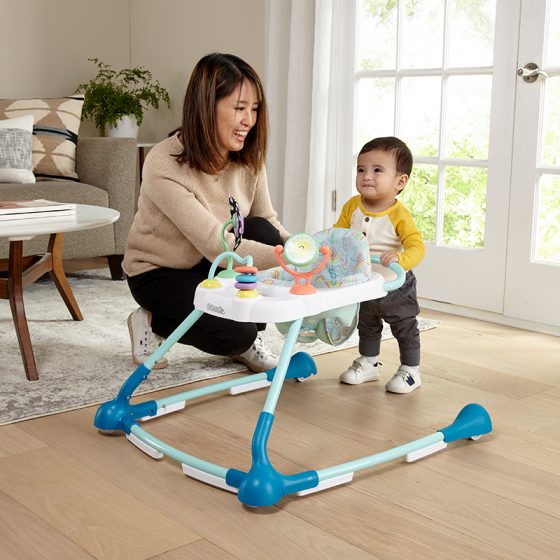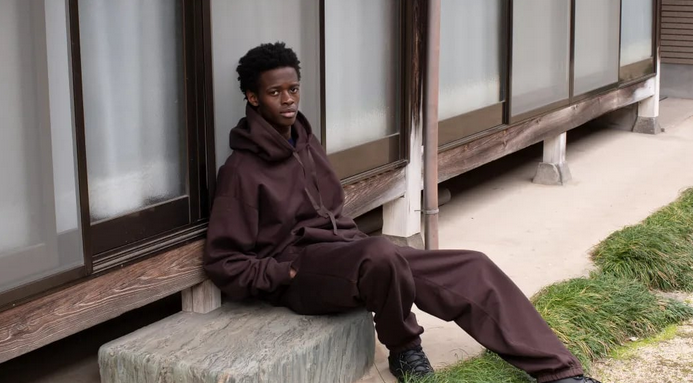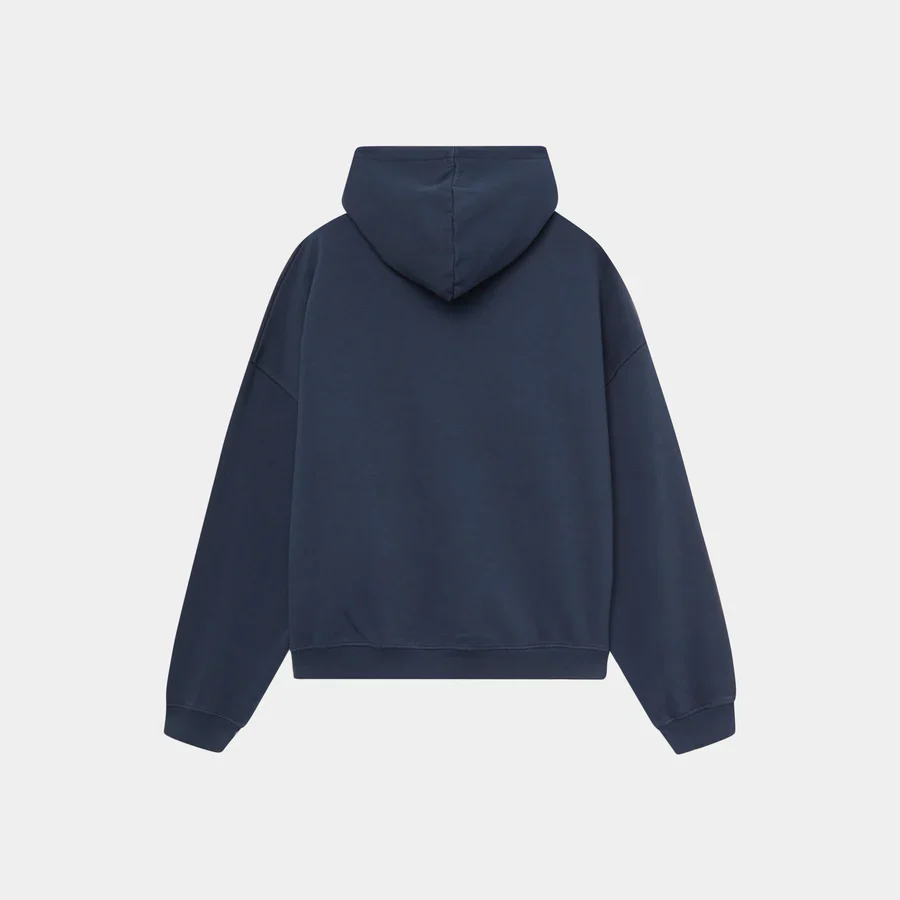A baby walker is a popular choice among parents to help their little ones move around before they can walk independently. Many parents believe that a baby walker can support their child’s mobility and encourage early walking. However, determining the right age for a baby walker is essential to ensure your child’s safety and development.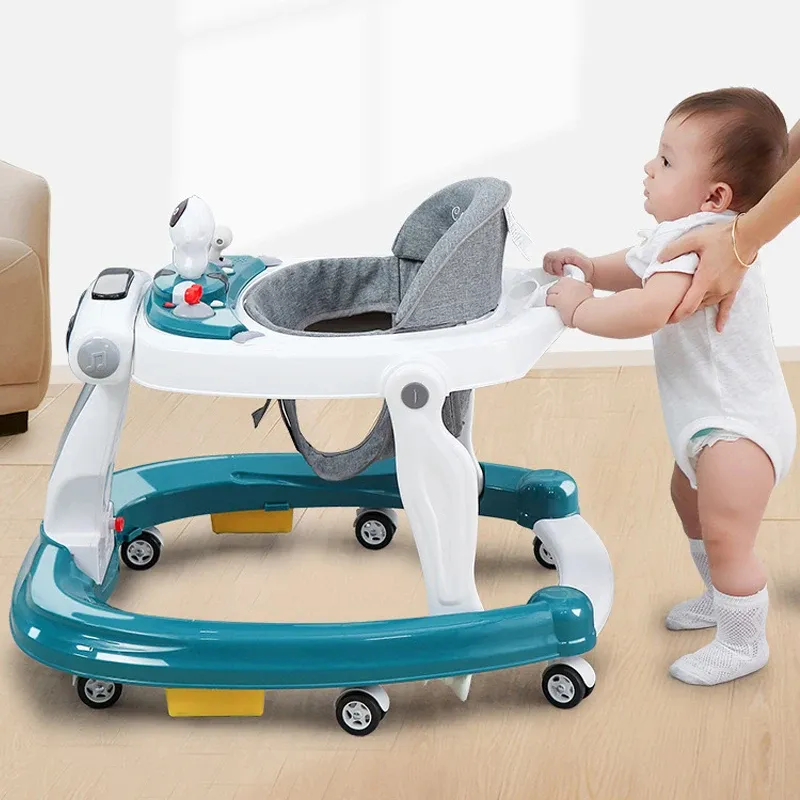
1. Understanding Baby Walkers
A baby walker is a wheeled device designed to support infants who are not yet able to walk on their own. These walkers usually have a seat with leg holes and a sturdy frame that allows babies to move around using their feet. Some modern baby walkers also come with interactive toys, lights, and music to keep babies entertained while they explore their surroundings.
2. What Is the Right Age for a Baby Walker?
Most experts suggest that babies should use a baby walker between 4 to 10 months of age. However, the exact age varies depending on the baby’s development. Before introducing a walker, your baby should be able to:
- Sit up without support
- Hold their head up steadily
- Have strong leg muscles to push themselves forward
If a baby is placed in a walker before they are physically ready, it may cause strain on their muscles and hinder their natural development.
3. Benefits of Using a Baby Walker
Using a baby walker at the right age can offer several benefits, including:
a. Encourages Mobility
A baby walker helps babies move around independently, giving them a sense of freedom and confidence.
b. Provides Entertainment
Many baby walkers come with built-in toys, lights, and sounds that keep babies engaged and entertained.
c. Strengthens Leg Muscles
As babies push themselves around in the walker, their leg muscles get stronger, preparing them for walking.
d. Helps in Cognitive Development
The interactive features in some best baby walkers can improve hand-eye coordination, problem-solving skills, and overall cognitive development.
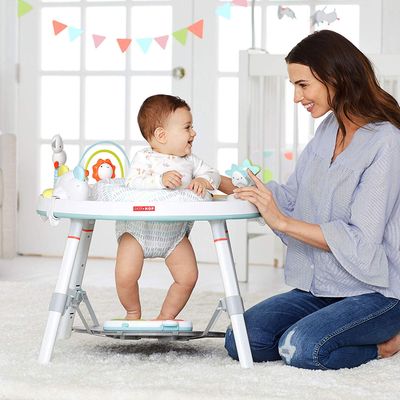
4. Risks of Using a Baby Walker
While baby walkers have benefits, they also come with certain risks that parents should be aware of:
a. Increased Risk of Falls
A baby in a walker can move quickly, increasing the chances of falling down stairs or bumping into furniture.
b. Delayed Natural Walking Development
Studies suggest that using a baby walker may delay a baby’s ability to walk independently because they rely on the walker for support.
c. Potential for Accidents
Babies in walkers can reach objects they wouldn’t normally have access to, increasing the risk of injuries such as burns, cuts, or poisoning.
d. Poor Posture and Muscle Development
If used for too long, a baby walker may encourage an unnatural walking posture and hinder proper muscle growth.
5. Safety Tips for Using a Baby Walker
If you decide to use a baby walker, follow these safety tips to ensure your child’s well-being:
a. Always Supervise Your Baby
Never leave your baby unattended while they are in the walker.
b. Use on a Flat, Safe Surface
Keep the walker away from stairs, uneven surfaces, and slippery floors.
c. Limit Usage Time
Allow your baby to use the walker for only 15-20 minutes at a time to prevent over-reliance.
d. Choose a Safe and Sturdy Walker
Look for the best baby walker with safety features such as a wide base, lockable wheels, and anti-slip pads.
e. Keep Dangerous Objects Out of Reach
Remove sharp objects, hot items, or small objects that your baby could grab while in the walker.
6. How to Choose the Best Baby Walker
When selecting a baby walker, consider the following factors to ensure you pick the safest and most comfortable option for your child:
a. Sturdy Frame and Wide Base
A strong and stable frame with a wide base helps prevent tipping over.
b. Adjustable Height
Look for a walker with an adjustable seat height to accommodate your growing baby.
c. Comfortable Seat
The seat should be well-padded, supportive, and easy to clean.
d. Safety Features
Choose a baby walker with features like brakes, anti-slip pads, and wheel locks for added safety.
e. Interactive Features
Many of the best baby walkers include toys, music, and lights to keep babies entertained and engaged.
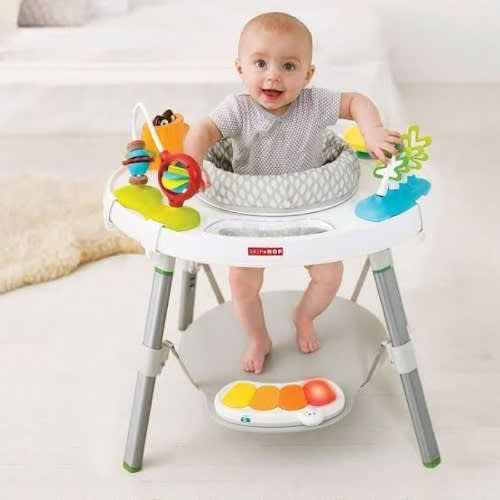
7. Alternative Ways to Help Your Baby Walk
If you prefer not to use a baby walker, there are other ways to encourage your baby’s walking development:
- Provide tummy time to strengthen muscles
- Let your baby practice standing with furniture support
- Use a push toy instead of a walker
- Hold your baby’s hands and let them practice walking
8. Where to Buy the Best Baby Walker in Pakistan?
If you are looking for a baby walker in Pakistan, Toys Home is one of the best places to shop. They offer a wide variety of high-quality baby walkers that ensure both fun and safety for your little one.
At Toys Home, you can find:
- Affordable baby walker price in Pakistan
- Safe and durable baby walkers with modern designs
- Interactive walkers with engaging toys and lights
- Easy online ordering with nationwide delivery
Visit Toys Home to explore their collection of the best baby walkers and choose the perfect one for your baby.
9. Final Thoughts
A baby walker can be a great tool for encouraging mobility, but it should be used with caution and at the right age. Experts recommend using a walker when a baby can sit upright and support their head, typically between 4 to 10 months.
While walkers offer entertainment and mobility, they also come with risks, so supervision and safety precautions are essential. Always choose a high-quality, safe, and comfortable walker to ensure your baby enjoys the experience without compromising their development.
For parents in Pakistan looking for the best baby walker, Toys Home provides a range of options to suit different needs and budgets.
By following safety guidelines and limiting walker use, you can help your baby grow and explore the world in a healthy and safe way.
